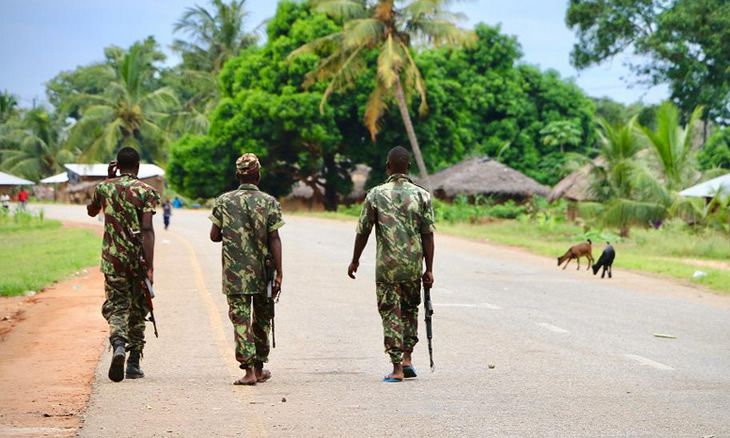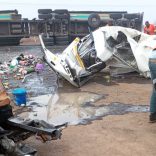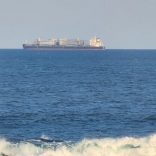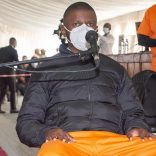Mozambique: Road accident kills 9 on the N4, Maputo province
Attacks in northern Mozambique reveal local problems – researcher

File photo: AFP
While confessing to “many doubts” about who is actually involved in the attacks, a researcher from Queen’s University in Belfast (Ireland) thinks the problem is mostly local.
“Some of the insurgents may have a religious agenda, but that does not make it similar to that of Al-Shabab (the Islamic terrorist group that mainly operates in southern Somalia) or the Islamic state. No one knows for sure if there are any links to a ‘jihadism’ of the North African coast or any other side or if it is a popular uprising. The government itself has made contradictory statements on the subject and stated that we are looking at criminality issues. The attackers do not make public statements either,” Eric Morier-Genoud has commented.
What may be happening, he says, is a popular uprising movement that gained momentum following the initial attack of a radical Islamist ‘sect’ in Mocimboa da Praia in October 2017 killing two policemen and 14 attackers.
“We know what happened in Mocimboa da Praia – a sect was repressed and attacked the city. This was the first public act with a religious agenda, but afterwards the situation evolved, it is very possible that this sect has sparked off a movement associated with other dynamics,” the expert in the history of Africa and the Portuguese-speaking world said on the sidelines of the conference on ‘Missions and Colonial Power in Angola and Mozambique in the 20th Century’ that is taking place in Lisbon today.
Describing the attacks as “a typical guerrilla strategy”, Morier-Genoud said the government should develop an “anti-guerrilla strategy” to combat the insurgents, and not its “purely police and military” response, sending “insufficiently prepared troops” that have already given rise to allegations of abuse by non-governmental organisations.
The researcher pointed to the “dissatisfaction” of the population as one of the causes of the development of the insurrection, as well as land problems and social tensions in the area.
In Cabo Delgado (in northern Mozambique, near the border with Tanzania), “the population lives in poverty, especially in rural areas, and this poverty has grown in recent years,” along with disillusionment as to the economic development to be expected from the exploitation of natural gas in the area and raised by the government.
The wave of violence in northern Mozambique has attracted media coverage since the attack in Mocimboa da Praia, with reports of dozens of attacks that have killed about 100 people, according to official figures.













Leave a Reply
Be the First to Comment!
You must be logged in to post a comment.
You must be logged in to post a comment.